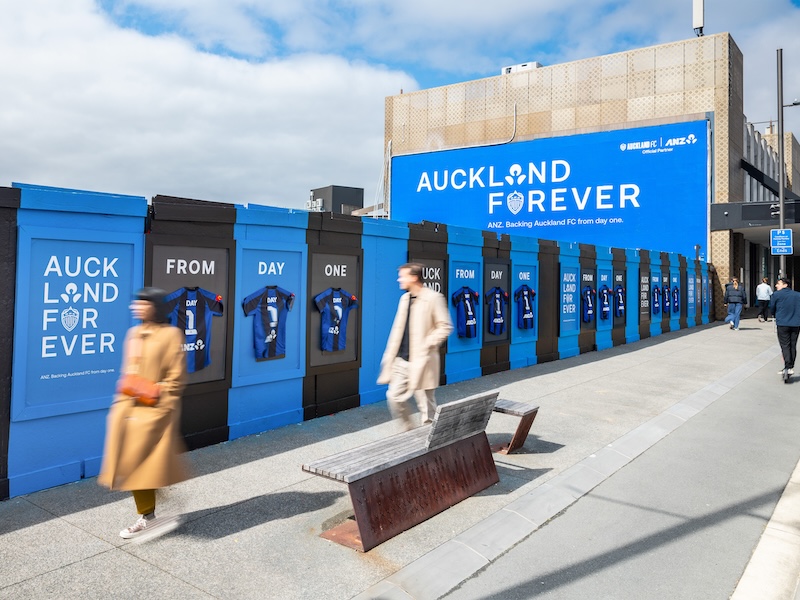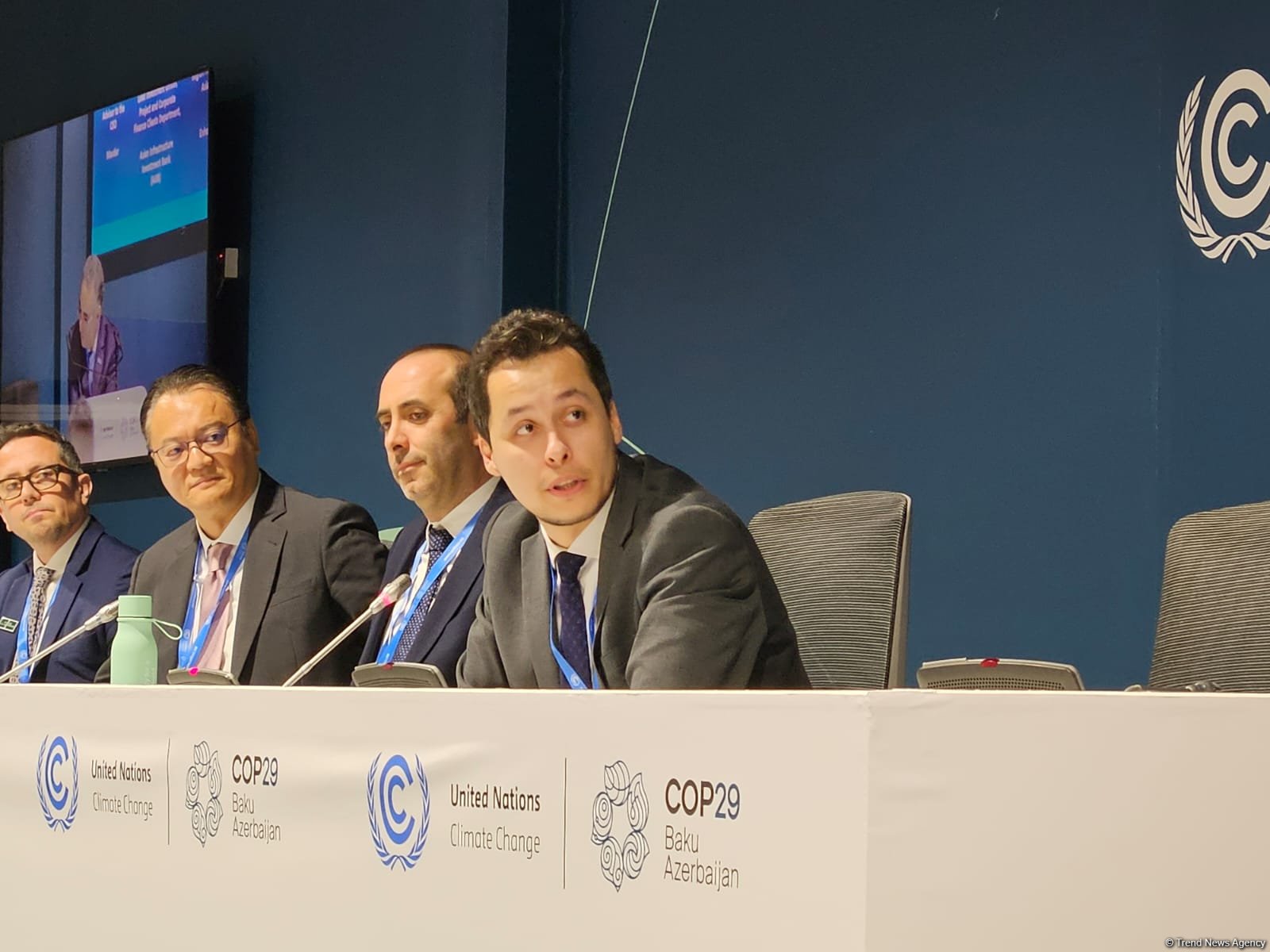Key events
Tom Phillips
More on tonight’s result:
“I think Bolsonaro has the momentum,” said Thomas Traumann, a Rio de Janeiro-based political observer, although he believed Lula was still the favourite. “It’s a very disappointing night for the left.”
Bolsonaro is also accused of wreaking havoc on the environment and catastrophically mishandling a Covid epidemic that killed nearly 700,000 Brazilians, by undermining vaccination and containment efforts and peddling quack cures.
“It’s been a joke-slash-tragedy,” restaurant host Gabriela Leoncio said of Bolsonaro’s administration as she cast her vote for Lula on Sunday morning in São Paulo.
Despite that, Bolsonaro confounded the forecasts of pollsters in several key states, including Rio de Janeiro and São Paulo.
Prominent Bolsonaristas were elected to Brazil’s congress and as state governors, including Bolsonaro’s former health minister, Eduardo Pazzuelo, who became a congressman for Rio, and his former environment minister Ricardo Salles. Rio’s Bolsonaro-supporting governor Cláudio Castro was re-elected while one of Bolsonaro’s most controversial former ministers, the evangelical preacher Damares Alves, claimed a place in the senate. Tarcísio de Freitas, Bolsonaro’s candidate for the governorship of São Paulo, also performed better than pollsters predicted and will face Lula ally Fernando Haddad in a second round.
There was defiance from Lula and his allies as the right-wing successes and the need for a second round became clear.
Lula wins vote but not outright victory

Tom Phillips
Brazil’s acrimonious presidential race will go to a second round after the former president Luiz Inácio Lula da Silva failed to secure the overall majority he needed to avoid a run-off with the far-right incumbent Jair Bolsonaro.
With 97% of votes counted the leftist veteran had secured 47.88% of the vote, not enough to avoid the 30 October show down with his right-wing rival. Bolsonaro, who significantly out-performed pollsters’s predictions and will be buoyed by the result, received 43.68%.
Speaking on the eve of the election Lula said he was hopeful of a first round win but would redouble his efforts to reclaim power if a second round was needed.
“I feel great hope that this election will be decided tomorrow, but if it isn’t we’ll have to behave like a football team when a match goes to extra time. We’ll rest for 15 minutes and then we’ll get back out onto the pitch to score the goals we didn’t score in normal time,” he told reporters.
The election result was a blow to progresssive Brazilians who had been rooting for an emphatic victory over Bolsonaro, a former army captain who has repeatedly attacked the country’s democratic institutions and vandalized Brazil’s international reputation.
We’re almost there – Lula at least looks certain to have won this round. But a run-off against Bolsonaro is virtually guaranteed by this point.
We’ll bring you Lula’s speech tonight as it happens.
The Guardian’s Latin America correspondent, Tom Phillips, is waiting to hear from Lula after a disappointing night.
With almost 97% of votes counted, we’re likely to know the result within the half-hour.
We are expecting Lula to address the media soon, once the election result is confirmed. A bleak night for the left in many ways, with a succession of Bolsonarista victories and a tighter result than polls predicted. Pollsters said 50/36. Looks like ending 48/43 pic.twitter.com/DVZCLxmjoe
— Tom Phillips (@tomphillipsin) October 3, 2022
Here is some analysis of what is happening tonight, via the Associated press.
It appears increasingly likely neither of the top two candidates in Brazil’s national elections will receive more than 50% of the valid votes, which exclude spoiled and blank ballots, which would mean a second round vote will be scheduled for 30 October.
“We will most likely have a second round,” said Nara Pavão, who teaches political science at the Federal University of Pernambuco. “The probability of ending the election now (in the first round) is too small.”
“The far-right has shown great resilience in the presidential and in the state races,” said Carlos Melo, a political science professor at Insper University in São Paulo.
“It is too soon to go too deep, but this election shows Bolsonaro’s victory in 2018 was not a hiccup,” he added.
Bolsonaro outperformed in Brazil’s southeast region, which includes populous São Paulo, Rio de Janeiro and Minas Gerais states, according to Rafael Cortez, who oversees political risk at consultancy Tendencias Consultoria.
“The polls didn’t capture that growth,” Cortez said.
With counting almost complete, a first-round win looks out of reach for Lula, which means that he is likely to go head-to-head with Bolsonaro in run-off elections on 30 October.
A win for Lula in that round is by no means guaranteed.
Political economist Filipe Campante:
To my non-Brazilian followers: make no mistake about it, the odds look substantially bleaker for Brazilian democracy right now than they did 24 hours ago. Bolsonaro will have a real shot at winning the runoff, and in that case we are in deep trouble.
— Filipe Campante (@FilipeCampante) October 2, 2022
Andrew Downie reports for the Guardian from São Paulo:
Two big Senate wins in the south of Brazil for Brazilian president Jair Bolsonaro. In Paraná state, Sergio Moro won election with 33.6% of the votes and in Rio Grande do Sul, Hamilton Mourão, also romped home with 44.3%.
A former army general, Mourão was Bolsonaro’s vice president, while Moro was the judge who spearheaded the Car Wash investigation that led to the jailing of Lula in 2017.
Bolsonaro appointed Moro as his justice minister but his image as an anti-corruption crusader was damaged when more senior courts annulled his decision to jail Lula and set the former president free.
An investigation by The Intercept showed that Moro colluded with prosecutors to prejudice Lula’s defence.
He tried to run for president but his campaign never got off the ground and after back-and-forth talks with parties in at least two different states he opted to run for Senate in his home state.
Mourão, meanwhile, defeated veteran PT figure Olivio Dutra, a former governor of Rio Grande do Sul.
Lula is now ahead by almost 4% – but has not secured enough of the vote to avoid a run-off with Bolsonaro. And counting is almost over.
My apologies – I got the maths wrong in that last post (and have now updated it). For Lula to win, he would need to win almost all of the remaining votes, not over half of the remaining votes. It is extremely, extremely unlikely that there will not be a runoff.
We’re getting closer to a final result – but it still looks unlikely that Lula will secure an outright win. If he fails to get more than 50% of the vote, Brazilians will head to the polls again on 30 October for a run-off election.
It is still technically possible for him to win – he would need almost every remaining vote.
With over 90% of the vote counted, Lula is still ahead – now by more than 3%.
Runoff still looking like the likeliest outcome. pic.twitter.com/meEgOYgIQV
— Helen Sullivan (@helenrsullivan) October 2, 2022
Who is Lula? Former shoe-shiner, factory worker and the man Barack Obama once called “the most popular president on earth”.
From my colleague Tom Philips:
After winning the 2002 Brazil elections, Lula used the windfall from a commodities boom to help millions of citizens escape poverty and became a respected international statesman, helping Brazil secure the 2014 World Cup and 2016 Olympics.
Lula left power in 2010 with approval ratings nearing 90%. But the following decade was a brutal one for the leftist and his party. The PT became embroiled in a series of sprawling corruption scandals and was blamed for plunging Brazil into a savage recession. Lula’s successor, Dilma Rousseff, was impeached in 2016 in what many supporters called a political “coup”.
Two years later Lula was jailed after being convicted on corruption charges that were last year quashed, paving the way for his sensational bid to reclaim the presidency.
Lula would spend 580 days behind bars, during which time the far-right former soldier Jair Bolsonaro was elected, ushering in an era of Amazon destruction and international isolation.
But the veteran leftist appears to have used his jail time wisely, plotting what just a few years ago seemed an unthinkable return to the presidential palace in Brasília.
On Saturday, Lula said he would hit the streets of São Paulo on election night to party. “To rise from the ashes as we have risen,” he said, “is cause for great, great joy and celebration.”
With more than 80% of votes counted, Lula has gained a bit of ground in his lead over Bolsonaro.
But it is looking highly unlikely – though not yet technically impossible – that he will get the more than 50% needed to win outright and avoid a runoff.
The Guardian’s Latin America correspondent Tom Phillips reports from outside Lula’s hotel, where his lead over Bolsonaro was recently announced:
There were scenes of joy outside Lula’s hotel as the news was reported. “I feel inexplicable emotion. It’s like a World Cup final,” said Liliane Carvalho, a 41-year-old activist wearing a red cap emblazoned with the slogan: “Make Lula President Again.”
Carvalho said she was convinced Lula was heading for a first round victory. But Brazil’s top pollster, DataFolha, is now predicting the presidential election will go to a second round on 30 October.

Datafolha survey predicts run-off
The polling company Datafolha is predicting that the election will go to a second-round on 30 October, which means Lula will have failed to gain more than 50% of the vote in this round – a surprising result given pre-polling that showed the leftwing frontrunner securing a comfortable win.
If you’re just joining us, Brazilians voted Sunday in a highly polarised election that could determine if the country returns a leftist to the helm of the world’s fourth-largest democracy or keeps the far-right incumbent in office for another four years.
With 70% of the vote counted, frontrunner and former President Luiz Inacio Lula da Silva of the Workers Party was just ahead of incumbent far-right President Jair Bolsonaro.
The winner needs to secure more than 50% of the vote to avoid a run-off election. If the election goes to runoff, it will happen on 30 October.
Recent opinion polls have given da Silva (known as Lula) a commanding lead. The last Datafolha survey published Saturday found a 50% to 36% advantage for da Silva among those who intended to vote. It interviewed 12,800 people, with a margin of error of two percentage points.
Lula takes the lead with 70% of votes counted
After a nail-biting first hour of counting –and with another tense hour or so to go – leftwing frontrunner Lula has overtaken Bolsonaro in the Brazilian presidential elections.
Lula currently has 45.74% of the vote, to Bolsonaro’s 45.51%.
The Guardian’s Tom Philips reports from outside Lula’s hotel in São Paulo:
We’re expecting Lula to overtake Bolsonaro any minute now – but that won’t mean its over. Lula needs more than 50% to win outright – less than that, and he will have to fight Bolsonaro in a runoff election later this month.
Polls had predicted an outright win for Lula, but a runoff is now looking possible.
In order to be declared the winner, a presidential candidate in Brazil needs to gain more than 50% of the vote.
Polls on the eve of the election suggested Lula – who governed from 2003 to 2010 – was tantalisingly close to securing the overall majority of votes he needs to avoid a second-round runoff against Bolsonaro in late October. One poll gave Lula 51% to Bolsonaro’s 37%, another gave them 50% and 36% respectively.





















Discussion about this post